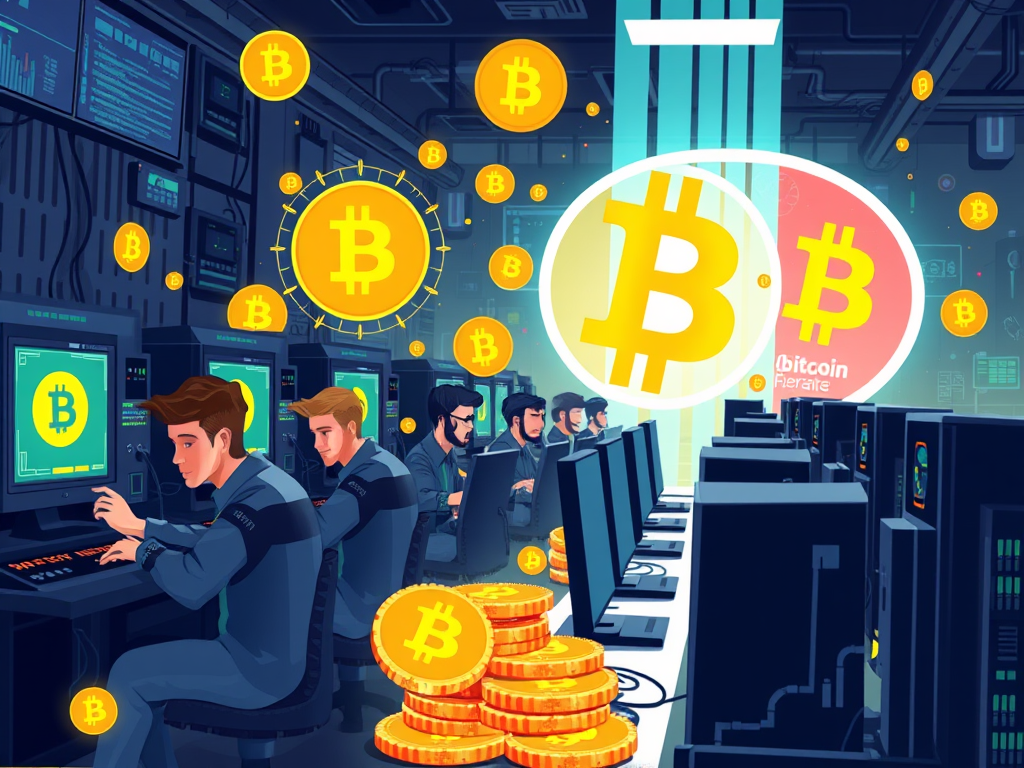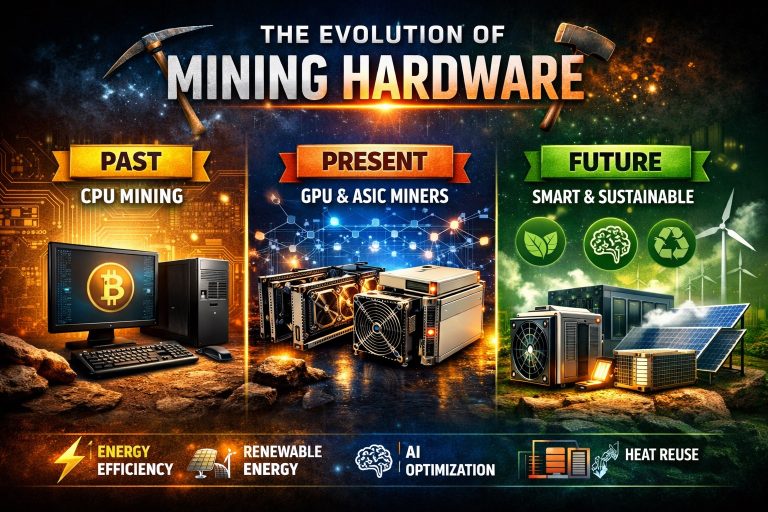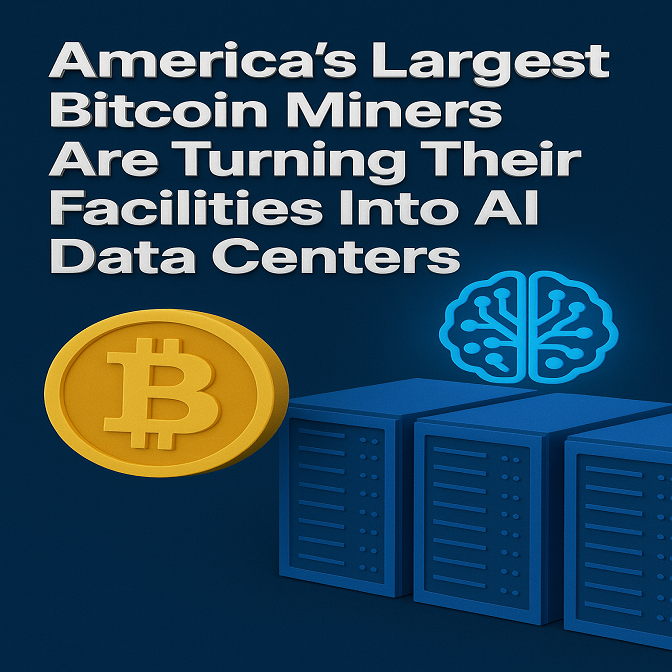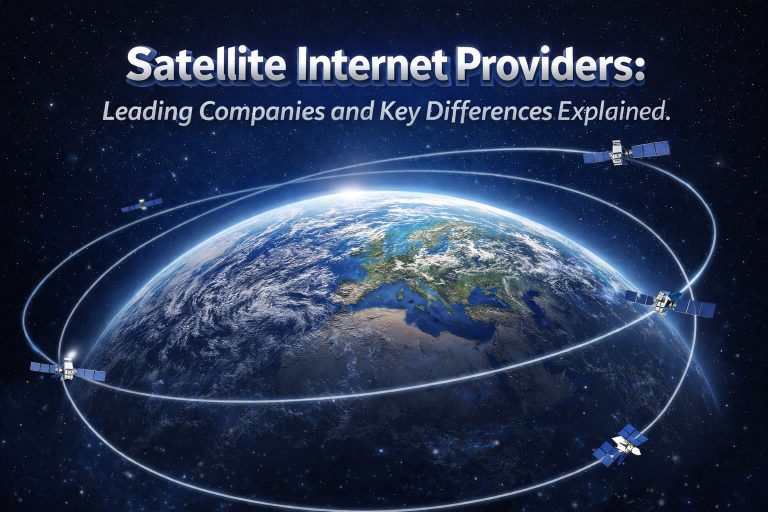
Bitcoin is the first decentralized cryptocurrency, and it relies on a special group of people called miners to keep it safe and running smoothly. This article will explain what miners do, why they are important, and some challenges they face, along with the future of mining in the Bitcoin network.
What is Bitcoin Mining?
Bitcoin mining is the process of creating new bitcoins and checking transactions to ensure they are valid. Miners use powerful computers to solve complex math problems. The first miner to solve a problem gets to add a new block of transactions to the Bitcoin blockchain. This process is essential for the functioning of Bitcoin, as it ensures that all transactions are legitimate and that no one can cheat the system.
How Miners Secure the Network
1. Checking Transactions
When someone sends bitcoins, the transaction is sent to the network. Miners verify these transactions to make sure they are real and that the sender has enough bitcoins to complete the transaction. They check the transaction against the existing blockchain records. This process prevents double-spending, which is when someone tries to spend the same bitcoin more than once.
2. Adding Blocks to the Blockchain
After verifying transactions, miners group them into a block. They then compete to add this block to the blockchain. This process requires a lot of computational power and energy. The miner who solves a complex math problem first gets to add the block and is rewarded with new bitcoins. This method, known as “proof of work,” makes it difficult for anyone to alter old transactions. If someone wanted to change a transaction, they would have to redo the proof of work for all subsequent blocks, which is incredibly resource-intensive.
3. Agreeing on the Network State
Bitcoin uses a consensus mechanism called Proof of Work (PoW) to ensure that all participants in the network agree on the state of the blockchain. When miners solve the math problems, they are essentially proving that they have done the work required to validate the transactions. This agreement among miners helps maintain the security and integrity of the entire network.
Why Miners Are Rewarded
Miners are motivated by rewards. When they successfully add a block to the blockchain, they earn newly created bitcoins, which is known as the block reward. This reward decreases over time in an event called “halving,” which occurs approximately every four years. In addition to the block reward, miners also collect transaction fees from users who want their transactions processed more quickly. These financial incentives encourage miners to invest in the necessary hardware and energy resources to participate in the network.
Challenges Miners Face
While miners are crucial to the Bitcoin network, they also face several significant challenges:
1. High Energy Use
Mining requires a substantial amount of electricity, leading to concerns about its environmental impact. The energy-intensive nature of PoW has sparked debates about sustainability. Many people are worried that the high energy consumption contributes to climate change, prompting discussions about alternative mining methods or cryptocurrencies that use less energy.
2. Risk of Centralization
As mining becomes more competitive, it tends to consolidate among a few large players with significant resources. This centralization poses risks to the network, as it can lead to a situation where a small number of miners control the majority of hashing power. If this happens, it could undermine the decentralized nature of Bitcoin and make it easier for these large players to manipulate the network.
3. Price Volatility
Miners are also affected by the price of Bitcoin. When the price drops significantly, mining can become unprofitable, leading some miners to exit the market. This can create a cycle where fewer miners mean less security for the network. The block rewards and transaction fees may not be enough to sustain operations during tough market conditions, which raises concerns about the long-term viability of some mining operations.

The Future of Bitcoin Mining
As technology evolves, the future of Bitcoin mining will likely change. Innovations in hardware are making mining more efficient, potentially reducing energy consumption. Additionally, some miners are exploring renewable energy sources, such as solar or wind power, to lessen their environmental impact.
There is also ongoing research into alternative consensus mechanisms that might replace or complement Proof of Work. For example, Proof of Stake (PoS) is an alternative that does not require the same level of energy consumption. While Bitcoin currently relies on PoW, the cryptocurrency landscape is dynamic, and changes could emerge in the future.
Conclusion
Miners play a vital role in the Bitcoin network by ensuring security, checking transactions, and maintaining the integrity of the blockchain. Despite facing challenges like high energy use, centralization risks, and price volatility, their work is essential for keeping Bitcoin decentralized. As the cryptocurrency landscape evolves, mining methods and technologies will continue to develop, influencing the future of Bitcoin and the broader world of digital currencies. Understanding the role of miners helps us appreciate the complexity and importance of securing the Bitcoin network.






